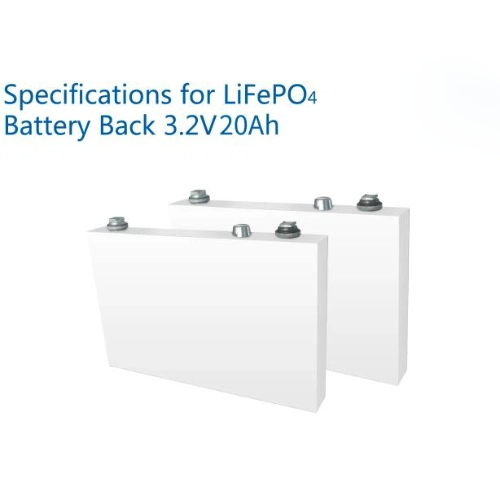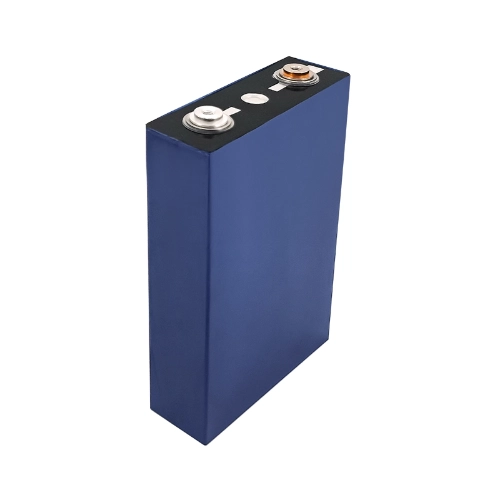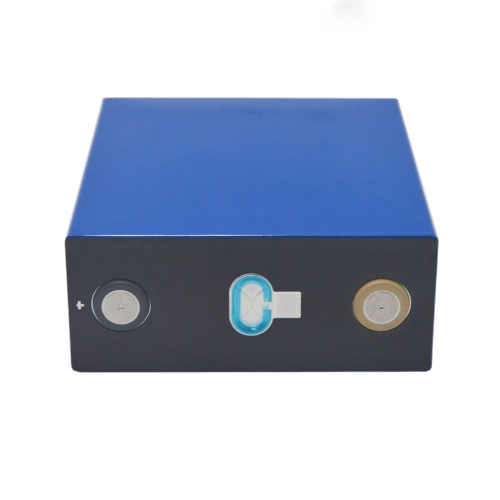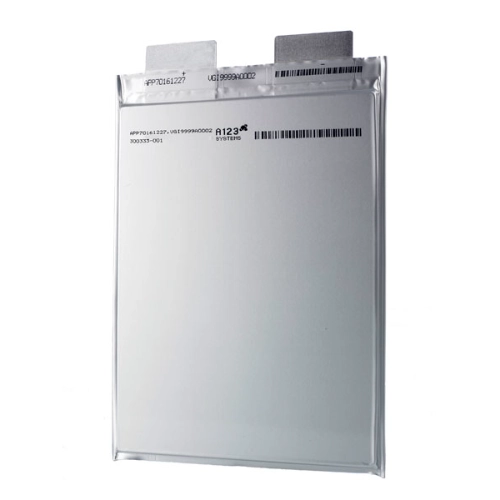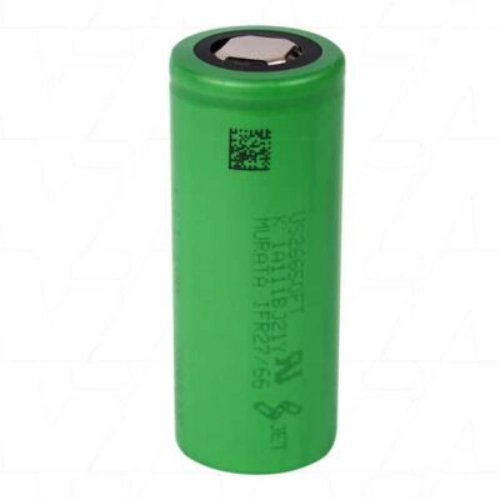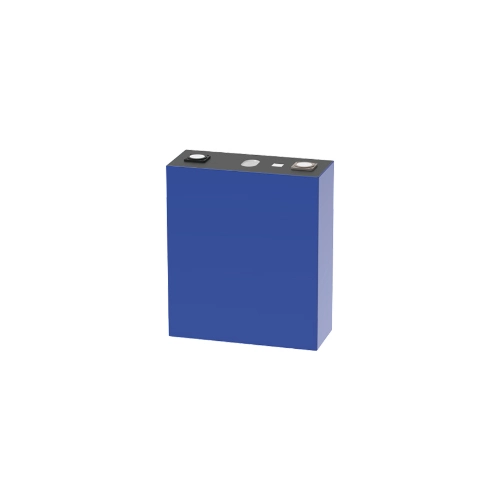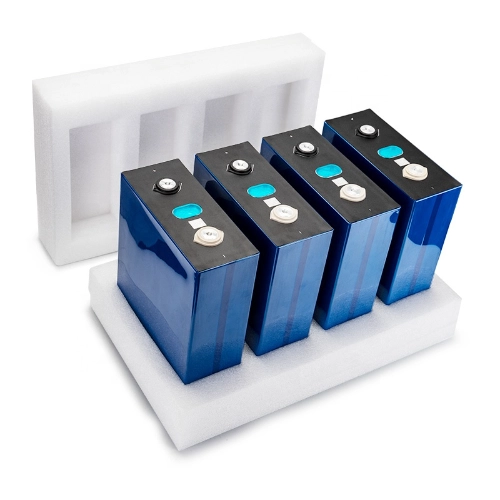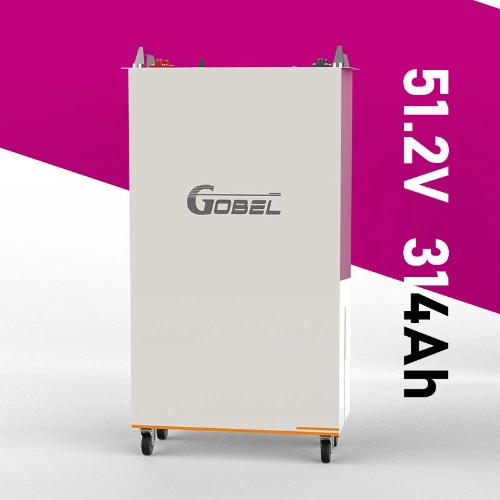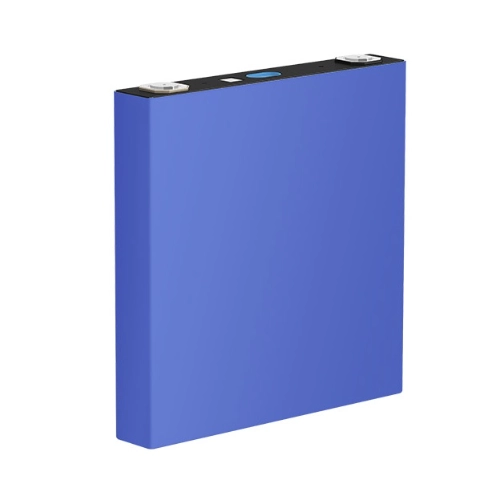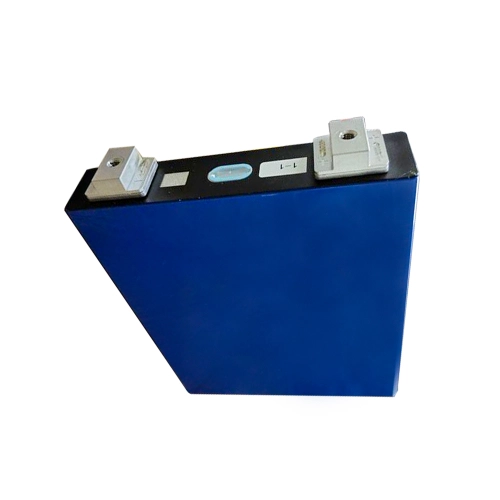Contemporary customers prefer choosing a LiFePO4 prismatic cell when purchasing a battery for electric vehicles or other uses.
Nevertheless, it is difficult to identify the appropriate battery that meets your needs!
Below, we have highlighted 10 LiFePO4 prismatic cells that are the best performing, most reliable, and most affordable on the market today.
Part 1. What are LiFePO4 prismatic cells?
The cells are models of lithium-ion batteries, specifically the LiFePO4 prismatic cells. They are recognized for their different chemistry, utilizing lithium iron phosphate as the cathode material. This composition gives them remarkable stability and longevity compared to other lithium-ion cells.
The colorful design, characterized by a rectangular shape, allows for better packaging efficiency. It makes them popular in applications where space and weight are crucial. Moreover, these cells are well-known for their safety, offering robust resistance to thermal runaway, a common issue in other lithium-based batteries.
Advantages Of LiFePO4 Prismatic Cells
- These cells are safer and reduce the risk of fires or explosions.
- They last much longer, making them cost-effective over time.
- Offer an outstanding balance of power and energy, ensuring reliable performance.
- Even under high temperatures or heavy usage, consistent output is maintained.
- It is made with non-toxic materials.
Applications Of LiFePO4 Prismatic Cells
- Electric vehicles (ideal for EVs)
- Renewable energy storage (solar energy systems)
- Marine and RV use (boats and recreational vehicles)
- Backup power systems (power storage for UPS systems)
- Portable electronics
Part 2. Top 10 LiFePO4 prismatic cells
1. BYD LiFePO4 Prismatic Cell
BYD is a global leader in solar modules for commercial and industrial needs. Its goal is to transform solar energy into a practical power source.
Specifications
- Voltage: 3.2V
- Capacity: 20Ah
- Size: 170×20×110mm
- Cycle Life: Up to 4000 cycles
- Weight: 0.78kg
Ideal applications
- Electric vehicles
- Renewable energy storage systems
- Marine and RV use
- Backup power systems
- Portable electronics
2. Ufine 3.2V 160Ah LiFePO4 Prismatic Cell
Ufine is in the highest category of manufacturing polymer lithium-ion battery cells. It has focused on high-capacity items. Thus, Ufine’s primary competence concerns the development of batteries that are not only high-performance but also secure, eco-friendly, and long-lived.
Specifications
- Capacity: 160Ah
- Voltage: 3.2V
- Energy: 512Wh
- Weight: Approximately 2.818kg
- Max Discharge Current: 160A
Ideal applications
- Home energy storage
- Power tools
- Tablets
- Emergency lighting
- Wheelchairs
3. CATL LiFePO4 Prismatic Cell
CATL, or Contemporary Amperex Technology, is a lithium battery manufacturer. However, it maintains a global reputation for continuously bringing efficient energy storage solutions.
Specifications
- Capacity: 302Ah
- Voltage: 3.2V
- Energy Density: High
- Max. Continuous Discharge Current: 1C
- Weight: ≤5.51Kg
Ideal applications
- Battery electric vehicles
- Plug-in hybrid electric vehicles
- Hybrid electric vehicles
- Energy storage systems
4. A123 Systems LiFePO4 Prismatic Cell
High-power batteries are mainly developed and manufactured by such companies as provided by A123 Systems. Another strength of theirs is that they also produce LiFePO4 batteries.
Specifications
- Capacity: 50Ah
- Voltage: 3.2V
- Energy Density: 247Wh/kg
- Discharge Power: 3000W (10-second)
- Weight: 1184g
Ideal applications
- HEV heavy-duty commercial vehicles
- PHEV & HEV passenger vehicles
- Starter battery
5. Murata Manufacturing LiFePO4 Prismatic Cell
Murata Manufacturing— Japanese company specializing in manufacturing and developing electronic components. They bring creative solutions to the consumers.
Specifications
- Capacity: 3000mAh
- Voltage: 3.2V
- Energy Density: Not specified
- Max Continuous Discharge Current: 25A
- Dimensions: 26650 size
Ideal applications
- Battery packs for electric vehicles
- Energy storage systems
- High-drain devices
6. Tianneng Power LiFePO4 Prismatic Cell
Tianneng Battery is a first-tier LiFePO4 (LFP) prismatic lithium battery cell manufacturer. The company follows an automated production system to guarantee quality products.
Specifications
- Capacity: 100Ah
- Voltage: 3.2V
- Energy density: Approximately 165Wh/kg
- Cycle life: Up to 6000 cycles
- Operating temperature: -20℃ to 55℃
Ideal applications
- Low-speed electric vehicles
- Golf carts
- Electric forklifts
- Telecom systems
- Household energy storage
- Industrial and commercial energy storage
7. ELB LiFePO4 Prismatic Cell
ELB specializes in modern lithium-ion battery technology. The management’s current objectives involve producing prismatic cells with superior energy density, cycle life, and safety mechanisms.
Specifications
- Capacity: 50Ah
- Voltage: 3.2V
- Energy density: 160Wh (for 50Ah), 320Wh (for 100Ah)
- Max. Charge Current: 1C
- Max. Discharge Current: 1C
Ideal applications
- Electric vehicles
- Renewable energy storage
- Industrial backup systems
- Marine applications
- Telecommunication backup
8. Gobel Power LiFePO4 Prismatic Cell
Gobel Power is one of the leading battery technologies mainly involved in lithium iron phosphate (LiFePO4).
Specifications
- Capacity: 314Ah
- Voltage: 51.2V
- Energy Density: 16kWh
- Cycle Life: 10,000 cycles
- Weight: 118kg
Ideal applications
- Server rack systems
- Renewable energy storage
- Electric vehicle charging stations
- Industrial power backup systems
- High-capacity energy solutions
9. EVE Energy LiFePO4 Prismatic Cell
Batteries are essential content, and EVE Energy took one side to help produce effective options. It is most famous for the lithium-iron phosphate batteries it makes.
Specifications
- Capacity: 150Ah
- Voltage: 3.2V
- Energy: 483Wh
- Weight: Approximately 2.83kg
- Cycle Life: ≥4000 cycles
Ideal applications
- Recreational vehicles
- Electric vehicles
- Golf carts
- Energy storage systems (ESS)
- Solar power systems
10. CALB LiFePO4 Prismatic Battery Cells
Another important manufacturer of lithium-ion batteries and energy storage systems is CALB (China Aviation Lithium Battery).
Specifications
- Capacity: 163Ah
- Voltage: 3.2V
- Energy Density: 163Wh/kg
- Internal Resistance: 0.2~0.5mΩ
- Weight: 3.19±0.15kg
Ideal applications
- Energy storage systems
- Electric vehicles (EV)
- Recreational vehicles (RV)
- Solar power systems
- Marine applications (yachts)
Part 3. How do I choose the right LiFePO4 prismatic cell for my application?
You can select the suitable LiFePO4 prismatic cell based on the following factors:
- Identify the required energy requirements
- Identify the necessary voltage and capacity of the battery, as it helps to ensure compatibility with your application.
- Examine the operational conditions like temperature range and charging/discharging cycles.
- Safety ratings and certifications are essential, as they guarantee reliability in critical situations.
- Evaluate the physical dimensions of the cell to ensure it fits within your design constraints.
Part 4. FAQs
-
Are prismatic LiFePO4 cells safe?
Yes, prismatic LiFePO4 cells are safe. They use lithium iron phosphate chemistry, which helps prevent explosions caused by high heat. -
What is the difference between cylindrical and prismatic cells in LiFePO4?
There are some differences between cylindrical cells and prismatic cells. Cylindrical cells are compact, while prismatic cells offer more flexibility in design. -
What is the best LiFePO4 battery cell?
Ufine provides top-quality LiFePO4 battery cells boasting efficient energy density, cycle life, discharge rates, and other features! -
What are the disadvantages of prismatic cells?
Prismatic cells have some drawbacks, such as being expensive and including mechanical stress. -
Are prismatic cells better?
Yes, prismatic cells are better as they have flexibility for efficiently using space in battery packs.
Related Tags:
More Articles

Top 10 Deep Cycle RV Batteries for Reliable Power
Looking for a reliable deep-cycle RV battery? Check out our guide on the top 10 best deep-cycle RV batteries to power your needs this year!
Top 10 High-Performance Batteries for High-Drain Devices
Are you looking for a high-performance battery that you can rely on for a high-drain device? Here are the top 10 best batteries for high-drain devices.
The Basics of Industrial Batteries: A Quick Overview
Learn what industrial batteries are and how they power machines. Discover their types and uses to boost your operations today.
Top 10 Lithium Motorcycle Batteries for Optimal Performance
Looking for a reliable Lithium motorcycle battery for optimal performance? Here’s a guide with this year's top 10 best Lithium motorcycle batteries.
How Long Will a 100Ah Lithium Battery Last?
Wondering how long a 100Ah lithium battery lasts? Get clear answers and tips for efficient use. Click now to learn more!
